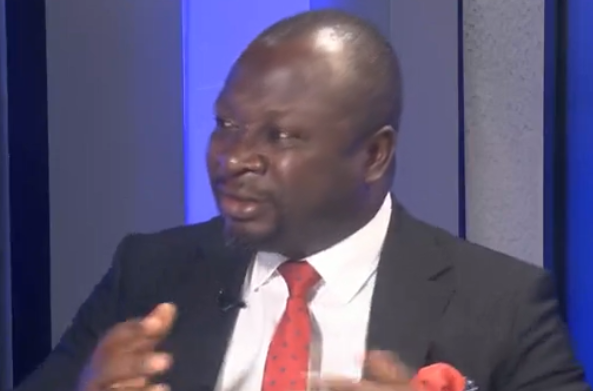The Ghana Association of Banks has expressed worry about the long duration it takes for the court to give judgment over a case between a bad borrower and the banks.
According to its Chief Executive Officer, John Awuah, this is hampering the banks’ ability to recover it loans and have adequate liquidity to on lend to the real sector of the economy, particularly, the Medium and Smaller Businesses (MSMEs).
His comment is coming at a time that Non Performing Loans (NPLs) have reached 20%, the highest since the last five years.
Speaking at a webinar organised by the Chartered Institute of Banking titled “Banking The Real Economy”, Mr. Awuah said some of the country’s institutional organisations have contributed to the high default rate in the country.
“When there is default, the problem the banking system goes through to ensure recovery so that they have liquidity to give to the next SMEs is where the challenge is. So as a bank, when you are operating and you have these SMEs you gave a loan to 18 months ago, all of a sudden due to issues the loan is distressed”.
“You want to ensure recovery so that you can make that fund available to the next good SMEs. But you go to the court system and it takes you four to five years to ensure a common recovery”, he explained.
Mr. Awuah added that “while you are holding mortgage documentation, you go to land commission and that mortgage has been re-mortgage to somebody else or has been sold”.
He lamented about how state institutions have not helped the banks course in bringing down NPLs.
“All kinds of things happening in these big national institutions baffles us. The manner in which some of these big institutions, talking about lands commission a trusted institution just like the banking system. The judicial system and you go to the law court and the way lawyers are playing the banks, it provides a layer of difficulty for the banks to recover their loans".
The Bank of Ghana in its September 2023 Monetary Policy Report said the industry’s NPL ratio increased to 20.0% in August 2023, from 14.3% in August 2022, attributable to elevated credit risk associated with the lagged effect of the macroeconomic crisis in 2022
Latest Stories
-
Director urges parents to protect children from abuse
25 mins -
Imani-Ghana criticises Akufo-Addo for not lauding Fourth Estate’s contribution to social development
33 mins -
Man remanded for allegedly stabbing businessman with broken bottle and screwdriver
58 mins -
Population in Kumasi Central Prison surges to 1800, threefold exceeding capacity
1 hour -
NPP to conduct La Dadekotopon parliamentary primary today
1 hour -
KPMG’s report on GRA and SML deal, government white paper on report and matters arising
1 hour -
I won’t reply to Chris Brown tour criticism – Ayra Star
1 hour -
British Columbia to back off drug decriminalisation project
1 hour -
Veteran commentator Joe Lartey Sr dies at 96
1 hour -
Livestream: Newsfile discusses KPMG report on SML deal, ILO on SSNIT reserves and NDC’s running mate
2 hours -
Ghanaian activist hugs over 1,100 trees in an hour to set Guinness World Records
2 hours -
Mathew Anim Cudjoe’s Dundee United promoted to Scottish Premiership after Championship win
2 hours -
NSMQ star Jochebed Adwoa Sutherland sweeps 12 awards at UG Vice-Chancellor’s Ceremony
3 hours -
Ghana’s Education Quality ranked 125 out of 183 countries in latest Global Youth Development Index
3 hours -
Emma Stone wants people to use her real first name
3 hours

